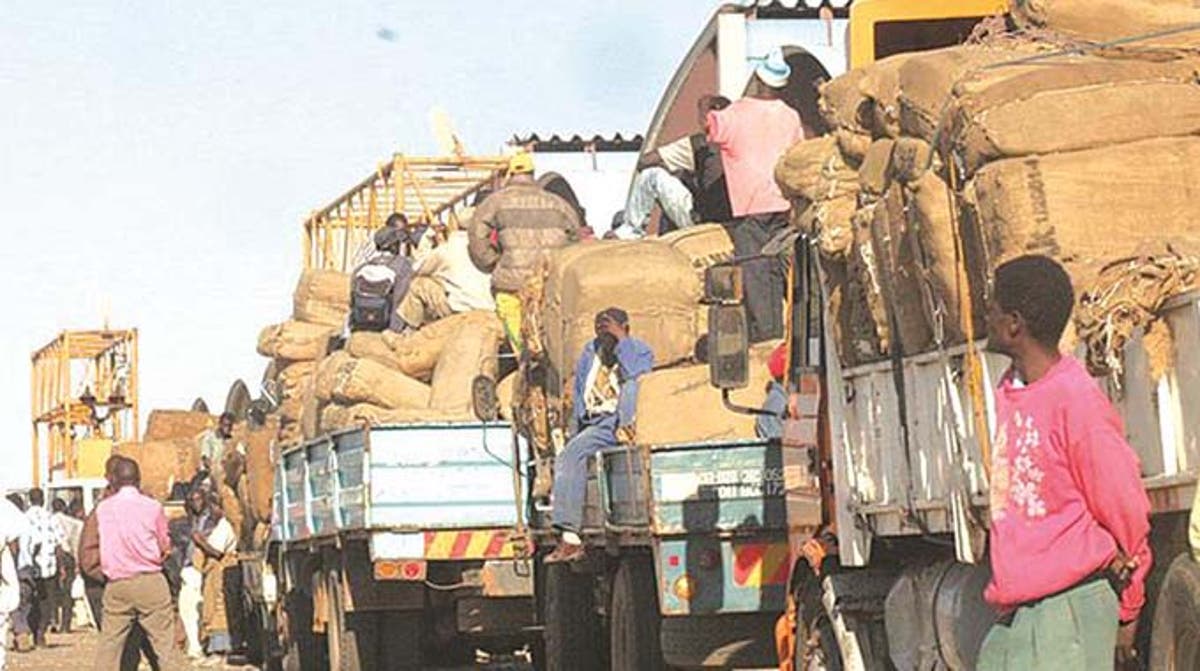Namibian official impressed by Zim’s agric development
Namibia’s Omaheke governor Pijoo Nganate has expressed his admiration for Zimbabwe’s agriculture sector’s degree of progress.
His region is thus keen to take advantage of the skills market in the landlocked nation in order to improve the region’s agricultural fortunes.
Nganate made this statement after he recently led a team to Zimbabwe which included dairy farmers, the chief regional officer, chief executive officers of village councils from the region, and representatives from the agriculture and education ministries.
The benchmarking visit was necessitated by the desire to learn from experiences/best practices in Zimbabwe’s dairy sector (especially small-scale dairy farming, among others).
The delegation had meetings with officials from the Harare Provincial Office, the Lands, Agriculture, Fisheries, Water and Rural Development ministry; the Higher and Tertiary education and Technology Development ministry; and dairy farmers and milk processors.
They visited the Bela Vista Farm in Ruwa, Red Dane Farm, Marirangwe small-scale milk-collecting centre, and the Kefalos dairy processing plant in Beatrice.
“Namibia can close its skills gap by tapping into Zimbabwe’s skills market,” Nganate was quoted as saying.
He said following his first visit to Zimbabwe in 2019, his region yielded positive results, whereby agronomy grew tremendously, owing to the secondment of a Zimbabwean agronomist.
“The region is now producing more agricultural products (mostly on small-scale and household consumption levels). Milk or dairy production in the region is also very fragmented, and there is no organised and synchronised cooperation among small-scale dairy farmers.
“The region is now set on value-addition so as to contribute to national dairy demands. However, Namibia continues to import milk powder and milk products from Italy and South Africa, as the dairy sector is yet to register any significant progress,” he noted.
Nganate also expressed his region’s intention to attract Zimbabwean experts in the areas of dairy farming, agronomy, irrigation as well as education.
He appreciated how Harare province was being run, alluding to the superiority of the province in incorporating modern technologies for efficient management.
Nganate also took advantage of the occasion to commend Zimbabwe’s land reform programme and to emphasise that Namibia was working to guarantee that her people have access to land.
Also, unlike Namibian farmers, Zimbabwean farmers are full-time, and most of the time farm managers are employed to run the farms.
Nganate, meanwhile, extended an invitation to Tafadzwa Muguti, Harare provincial secretary, to visit Omaheke region.
In his acceptance, the latter promised to include stakeholders who will consist of the Dairy Association in Zimbabwe, Meat Processors in Zimbabwe, members of the academia, officials from science, technology and innovation as well as industrialists.
Muguti highlighted the need to regulate trade in Boer goats so as to take advantage of the surge in the importation of Namibian goats by Zimbabwe.
Zimbabwe aims to increase her dairy herd from the current 38 000 to 55 000 cows by 2025 so as to ensure that 130 million litres of milk are produced.
This objective will be achieved by increasing the number of small-scale farmers from 1 500 to 4 000 by 2025.
The delegation then paid a visit to a dairy farmer in the Marinangwe communal area, who farms with Jersey cows.
The farmer started his dairy business with just two cows. He now has 15, of which eight are milking cows, milking twice a day and producing over 140 litres.
He sells the milk to a collection centre, transporting 70 litres after each milking session on a bicycle.-newsday










